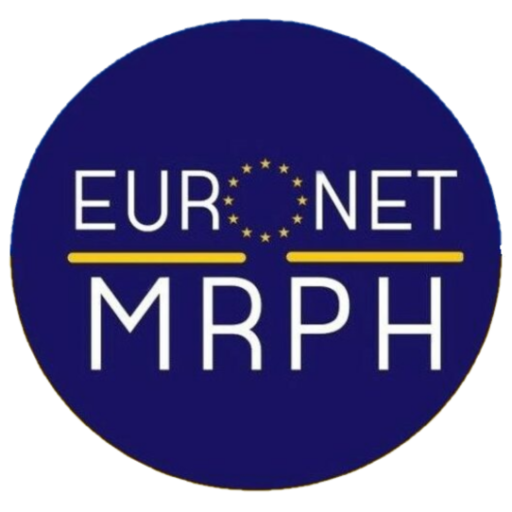
Public Health in Malta
Public Health Trainees are represented by the Specialist Trainees Representative within the Malta Association of Public Health Medicine (MAPHM) Executive Committee. MAPHM is a professional, voluntary, non-partisan and non-profit association whose members are medical doctors and other professionals active in the field of public health. Objective of the association is to maintain the role and importance of public health in Malta and to ensure good health in the Maltese population.
MAPHM represents public health residents in Malta and was formed in 1999. MAPHM has a Specialist Trainee Member who is elected annually. MAPHM with respect to Specialist Trainee Members, aims to:
- Represent the interests of Maltese Public Health Medicine Specialist Trainees;
- Promote public health residency among Medical Students and Trainee Doctors;
- Advocate for higher quality of Public Health Medicine Training in Malta;
- Encourage scientific research activities among public health specialist trainees;
- Organise or participate in organisation of symposiums, workshops, seminars and round-tables on public health topics;
- Facilitate national and international collaborations.
Information about residency program
During the enrollment, a resident acquires a broad theoretical and practical knowledge in different areas of public health. This enables the development of the competences of being able to assess the state of the health of the population and to prepare expert opinions and foundations for planning and action at the scopes of public health.
There are currently 10 Public Health Specialist Trainees in Malta.
Pre-training requirements
All Specialist Trainees must have graduated as Doctor of Medicine and Surgery, studies that last 5 years. After Graduation, there is a 24-month obligatory internship, known as the Foundation Programme which consists of rotating through different specialties. The obligatory specialities within this 24 month internship are 6 months of Surgery, 6 months of Medicine and 3 months of Accident and Emergency.
Future Specialist Trainees must apply for the specialisation through a public call, which is published once every two year by the Ministry for Health of Malta. The selection of the Specialist Trainee to the specialization is determined by an interview, based on a number of criteria (interview score, grade average, letters of recommendation, participation in additional training or publications during and post-graduation, etc.)
Duration of training
Before 2017, the duration of the public health training program was 4 years and consists of training at authorized medical services providers, such as the Directorate for Health Information and Research, Health Promotion and Disease Prevention Directorate, Environmental Health Directorate and different offices within the Ministry for Health. As of 2017, following a decision taken at the 2016 Annual General Meeting of MAPHM, the Public Health Training Program has been extended to 5 years, inclusive of a longer elective and training abroad.
Mandatory educational requirements
Theoretical education is acquired through the Masters of Science in Public Health which usually takes place throughout the first two years of the Public Health Training. During the course, the residents must undertake and pass 9 written exams, produce 3 Practical Projects (with a word limit of 3000 words) and a 25,000-word Dissertation for a total of 90 ECTS Credits. The course is completed with an oral defence of thesis.
Modules covered throughout the Masters of Science in Public Health assessed through written examination are:
- Communicable & Non-Communicable Diseases
- Medical Statistics
- Research Methods
- Environmental Health
- Health Information
- Health Promotion
- Sociology of Health and Illness
- Applied Epidemiology
- Organisation of Health Care Systems & Management
- Social Policy and Health Economy
- Public Health Regulation
- Strategy and Sustainability
- Health Care Services
Mandatory training requirements
Rotations before 2017 included the following:
- Health Information and Research Clinical Performance – 3/6 months
- Infectious Disease Prevention and Control (including Hospital Infection Prevention and Control) – 6 months
- Health Promotion and Chronic Disease Prevention – 6 months
- Policy – EU Affairs – Health Technology Assessment (HTA) – 3 months/3 months/3 months
- Health Care Funding and Service Commissioning – Clinical Leadership – 6 months/3 months
- Elective – 3 months
Yearly Assessment
Progression from one year to another is undertaken through an interview with an Assessment Board which always includes the Public Health Training Coordinator and 3 Public Health Specialists.
End of training assessment method
The whole training is completed by an interview, after which you become a specialist of public health.
Post-training careers
Public health specialists can work at public institutions that cover health issues of the population, such as the Ministry for Health (Chief Medical Officer’s Office or any of the other units within the Ministry), Health Promotion and Disease Prevention Directorate, Directorate for Health Information and Research, Health Services Directorate and University (Public Health Department within the University of Malta Medical School).
If you have any question, don’t hesitate and ask us.
